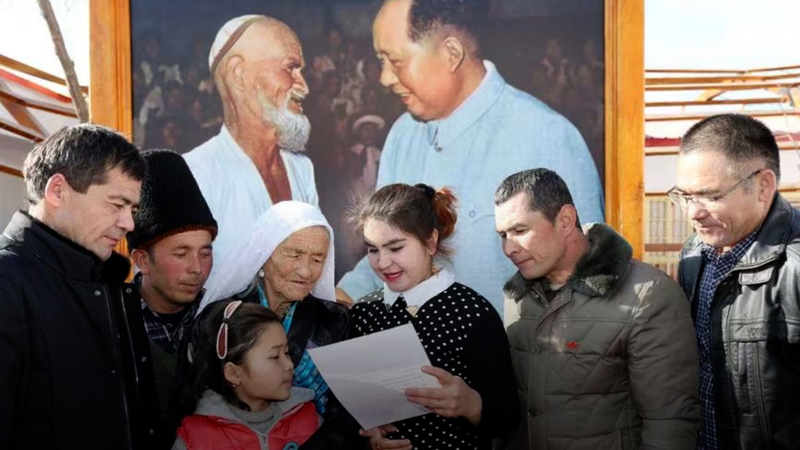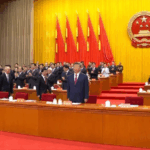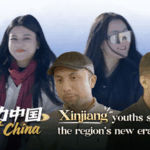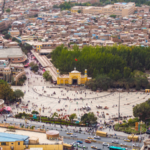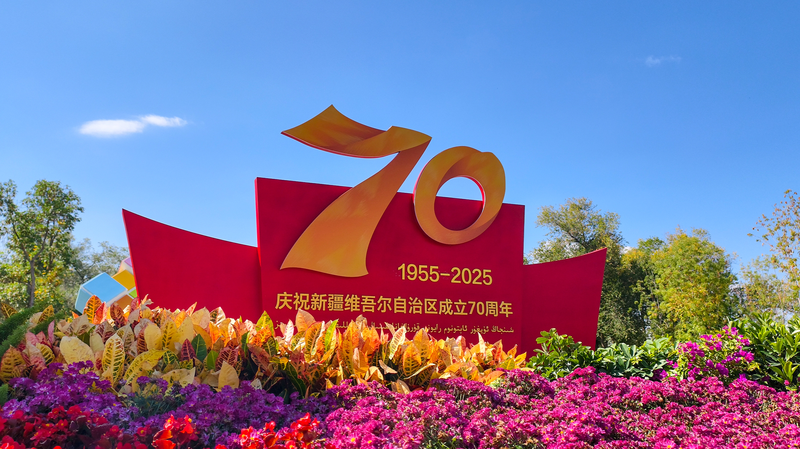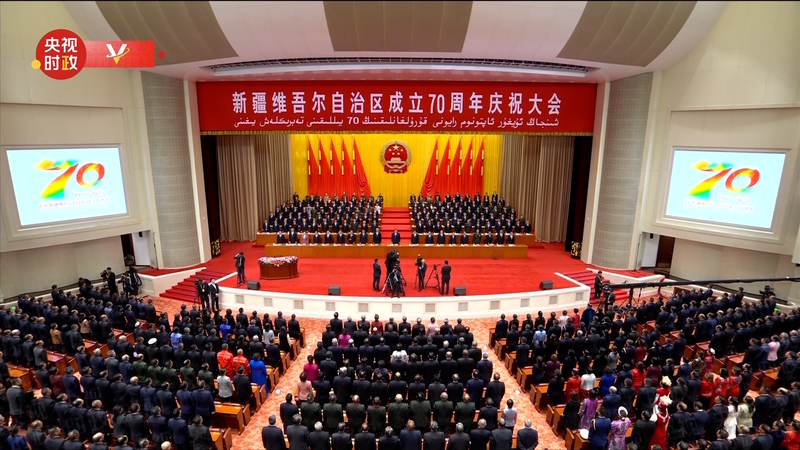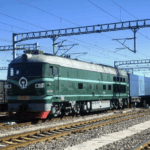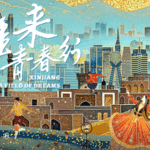In the heart of China’s Xinjiang Uygur Autonomous Region, the Tulum family’s story reads like a cinematic epic – and for good reason. Kurban Tulum, a former serf turned folk hero, once dreamed of riding a donkey 4,000 km to Beijing to thank Chairman Mao after being liberated in the 1950s. Today, his descendants are writing a new chapter of resilience and hope. 🌄
Kurban’s legendary journey – now immortalized in film – symbolizes the seismic shifts in southern Xinjiang’s Hetian region. Once burdened by poverty, the area has seen roads replace dusty trails and education opportunities multiply. "Grandfather’s donkey was his freedom," says granddaughter Aygul, 28, who teaches Uygur dance preservation workshops. "Our tools today are smartphones and solar panels."
The family’s evolution mirrors Xinjiang’s development: Kurban’s son became the village’s first college graduate in the 1980s, while his great-grandchildren now debate K-pop vs. traditional music between coding classes. Yet their signature walnut orchard remains, blending heritage with high-tech irrigation. 🌱💻
As night falls in Hetian, the Tulums still gather to retell Kurban’s story – but now they livestream it to 50,000 followers. From donkey trails to digital highways, this family’s journey proves that history isn’t just remembered… it’s remixed. 🎶
Reference(s):
cgtn.com
